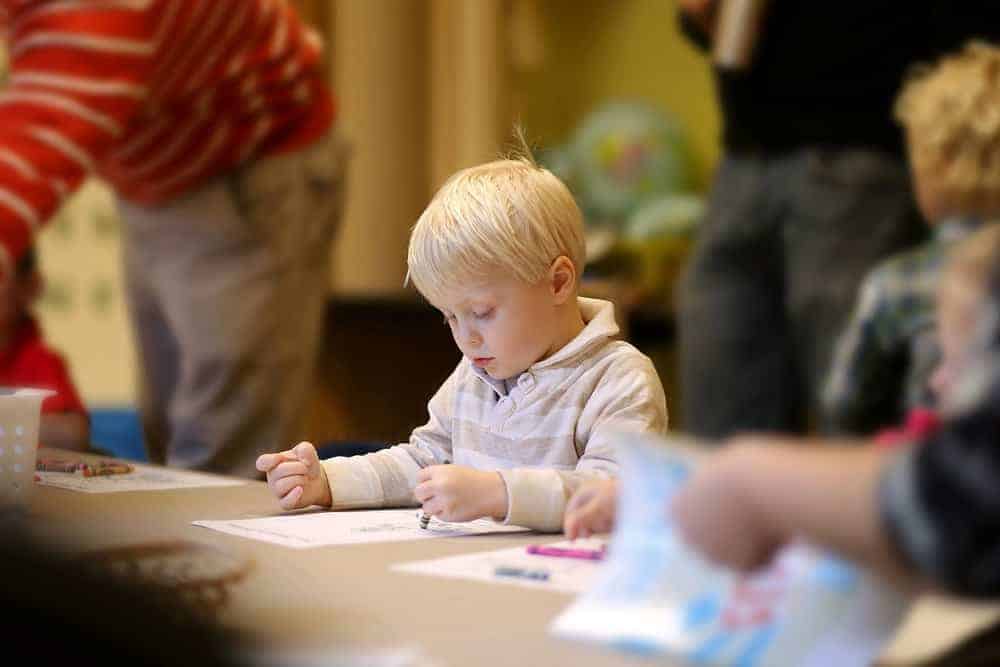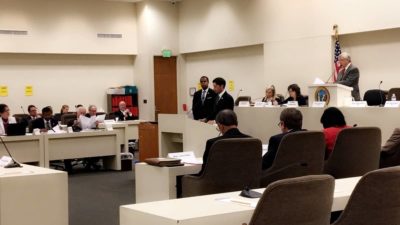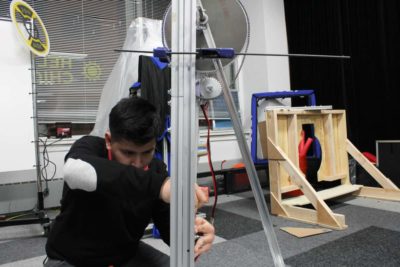
In September, the NC Department of Public Instruction (DPI) distributed this resource titled Guidance for Homebound and Modified Day Placements to all school districts in the state. The Guidance is the result of a two-year collaborative process initiated by Disability Rights North Carolina (DRNC). Exceptional children’s directors, administrators, parents, advocates, attorneys, and others convened as a stakeholder group led by DPI and DRNC to address the need to appropriately serve students with significant behavior challenges in legally compliant settings.
In 2016, over 1,000 students with disabilities in North Carolina were on “homebound” placement, meaning the students were not allowed to come to school, though they were not suspended and did not have a medical condition that prevented them from attending school. Hundreds of other students were on “modified day” schedules, meaning the students were allowed to come to school for only part of the day, sometimes for only one or two class periods.
Nearly all of these placements were for behaviors related to the students’ disabilities. A survey conducted by the stakeholder group in spring 2017 revealed that most students on homebound received zero to three hours of educational instruction per week, and a significant number of students stayed on homebound for over 75 days, with many others on homebound for over 150 of the 180 days in the school year.
Under these conditions, students rarely make academic progress, and their parents struggle to provide supervision for them during normal school hours and maintain employment that provides income on which their families depend. In addition, in these placements, there is a distinct lack of effective instruction or support for the students to learn to replace behaviors, like yelling or hitting, with more socially appropriate ways to express frustration, manage emotions, and communicate unmet needs. Thus, the reason for the out-of-school placement is not addressed, making a successful return to school unlikely.
The Guidance outlines the procedural steps that an IEP team should take before placing a student on homebound or modified day, including considering many service and placement options that are less restrictive and more likely to lead to educational progress than a homebound or modified day placement. The Guidance also contains a detailed section of resources for behavior supports and services in school systems and in the community that may help schools meet the needs of students with challenging behaviors.
Understandably, IEP teams often feel stuck when trying to determine services and placement for a student with behaviors that are unusual in their frequency or intensity and do not respond to traditional methods of classroom management or discipline. The Guidance addresses how to conduct a proper functional behavior assessment to identify and analyze a student’s most challenging behaviors — when, how often, and under what circumstances they occur, and what function they perform for the student. With that information, an appropriately-tailored behavior intervention plan, IEP goals, specialized instruction, and related services can be designed to help students with disabilities learn pro-social behaviors and avoid triggers for reactions that interfere with their own or others’ learning.
The resource section also includes specific ideas, resources, and tools IEP teams and school personnel can use to help them recognize and address the needs of students experiencing significant anxiety, trauma related to adverse childhood events (ACEs), autism, sensory-processing disorders, or the dual diagnosis of an intellectual/developmental disability and a mental illness. One tool is counseling, provided as a related service through a child’s IEP. A school counselor can help students learn new skills and coping mechanisms that allow them to recognize and regulate their emotional responses to external triggers. Teams can also find ideas for reducing exposure to specific triggers through environmental modifications, including changes to the classroom or daily routines.
By following the Guidance, thinking outside of the box, and using available resources, IEP teams fulfill the promise of federal and state laws to facilitate educational progress for all students in an integrated environment. When that happens, everyone benefits.





